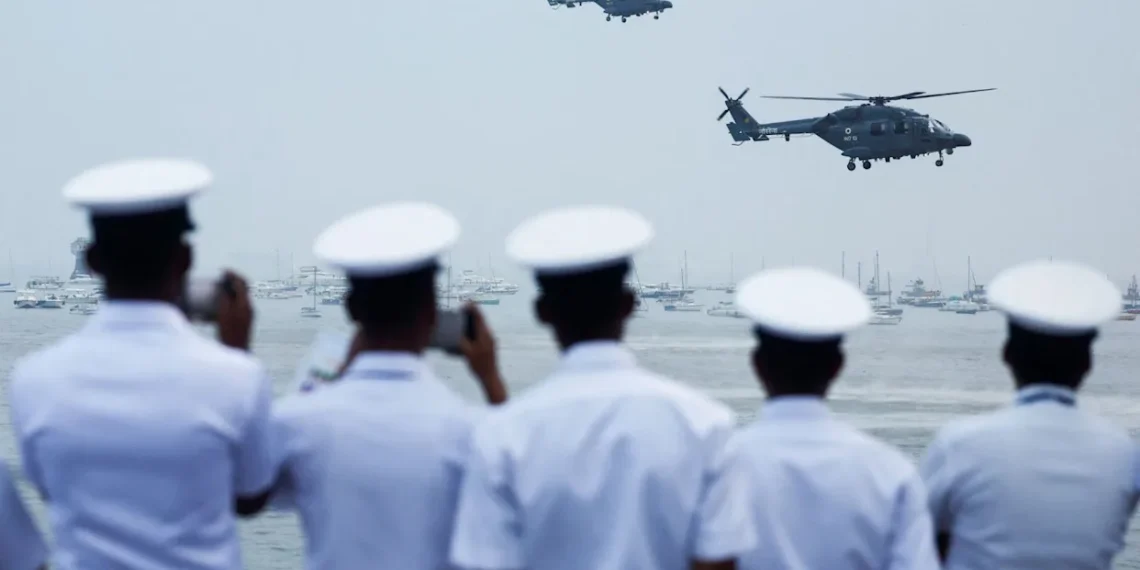The United States has approved a fresh round of military sales to India worth $92.8 million, clearing the transfer of Javelin anti-tank missiles and Excalibur precision artillery shells at a moment when Washington and New Delhi are seeking closer strategic alignment. The announcement from the US State Department signals a renewed push to tighten defence ties nine months after Prime Minister Narendra Modi met former President Donald Trump in Washington to chart a deeper security partnership.
The move builds on the framework agreement signed in October to guide defence cooperation over the next decade. For India, the acquisition marks another step in its gradual pivot away from Russian weapon systems. Data shows Russia’s share of India’s defence imports has fallen sharply from 62 percent to 34 percent between 2017 and 2023, while US-India defence trade has climbed from negligible levels to nearly $20 billion, placing the United States behind only Russia and France as a supplier.
Read also:
- India 2022 Semifinals: Flamingos lost to Colombia on penalties
- India 2022: Gusau to lead support for Flamingos against Colombia on Wednesday
- India 2022: Gusau charges Flamingos to go for victory against New Zealand
Washington views the latest sales as a way to strengthen India’s ability to meet emerging security threats across the Indo-Pacific. In its notification, the Defense Security Cooperation Agency said the deal supports America’s broader foreign policy goals by reinforcing a partnership it considers vital for regional stability and economic progress.
The package includes a $45.7 million Javelin Missile System comprising one hundred FGM-148 rounds, a test missile, twenty-five command launch units, training materials, spare parts, and technical support. A second approval covers a $47.1 million shipment of up to two hundred and sixteen M982A1 Excalibur projectiles, alongside fire-control components, primers, propellant charges, repair services, and operational data.
US officials say India should be able to field the new equipment without difficulty, describing the transfer as an investment in both nations’ long-term strategic interests.






